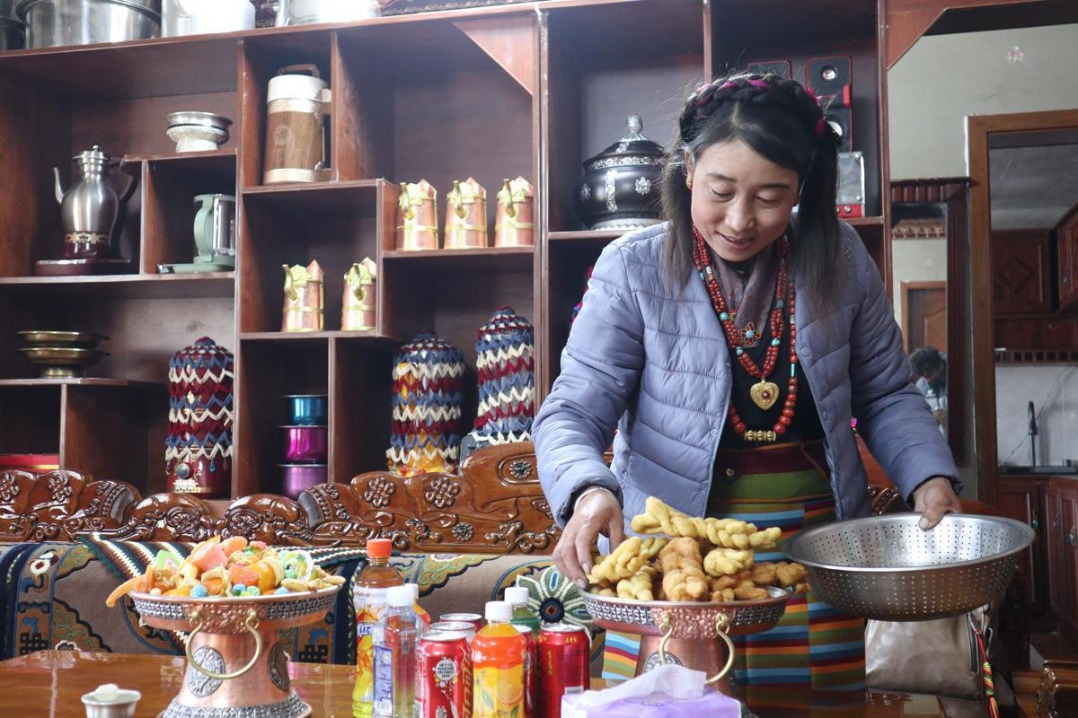Rare birds thrive again in reserve


"The national policy of improving the environment has boosted conservation of the crested ibis greatly. For instance, enforcement is centralized in one governmental department, rather than across departments, and bird habitats are well-protected," he said.
According to Zhang, as the crested ibis are active over an extensive area, traditional conservation methods had to be improved.
He said the crested ibis can now be categorized into migratory and nonmigratory birds, with the former previously breeding in places like Russia, the Korean Peninsula and Northeast China in summer, and migrating to warm regions in winter like Zhejiang and Hainan provinces.
"It's believed that the migratory crested ibis disappeared in the 1960s. The urgent task now is to find ways of restoring their migratory habits, such as by training the nonmigratory ones to migrate," he said.
Zhang said that one probable method will be to release the crested ibis at different spots between Northeast China and the southern coastal regions, from short distances to long distances, hopefully restoring their migratory instincts.
He said the ideal situation would be for the birds to be resettled in places where they previously lived and for their migratory habits to be built up as conservation work continues. He hopes that by the 100th anniversary of the bird's rediscovery, there will be more progress.
When the wild crested ibis was rediscovered in Yangxian 40 years ago, the local government quickly issued a series of prohibitions, which are still effective. There is to be no hunting or wood-felling in the habitat of the crested ibis, no use of chemical fertilizers or pesticides in the regions they hunted for food, no cultivation of wasteland for farming, and no setting off fireworks where they bred or nested.
"Such measures also laid the foundation for organic farming in Yangxian, which improved the environment around habitats and enhanced the income of villagers. The county is also doing its utmost to develop rural tourism," Zhang said.
The county government has striven to follow a path of mutual development, one that will protect the birds and the community economy. For example, a green paddy program introduced loaches to the fringes of the fields to provide food for the birds while bringing in revenue for the villagers.
Zhang believes achieving this kind of balance is something that should be taken into consideration everywhere that is home to the birds, and that Yangxian county should be promoted as a model.
He said it's important to raise public awareness about conserving the birds and that livestreaming is an efficient way of doing this. Last year, the administration and local media co-organized a 100-day livestream about crested ibis breeding that drew 20 million hits every day.
"To better protect the birds, ordinary people can begin with environmental protection to the best of their ability, such as not littering, and factory executives should deal with the Three Wastes (waste gas, waste water and waste residue) created by industrial production."
- Jilin winter fishing festival fetches record auction, visitors
- China pushes higher education reform with focus on tech and industry
- Emergency crews battle wildfire in Shenzhen
- China CDC urges precaution amid surge in rhinovirus cases
- Govt to streamline health insurance payments over next 3 years
- China urges global vigilance against revival of Japanese militarism





































